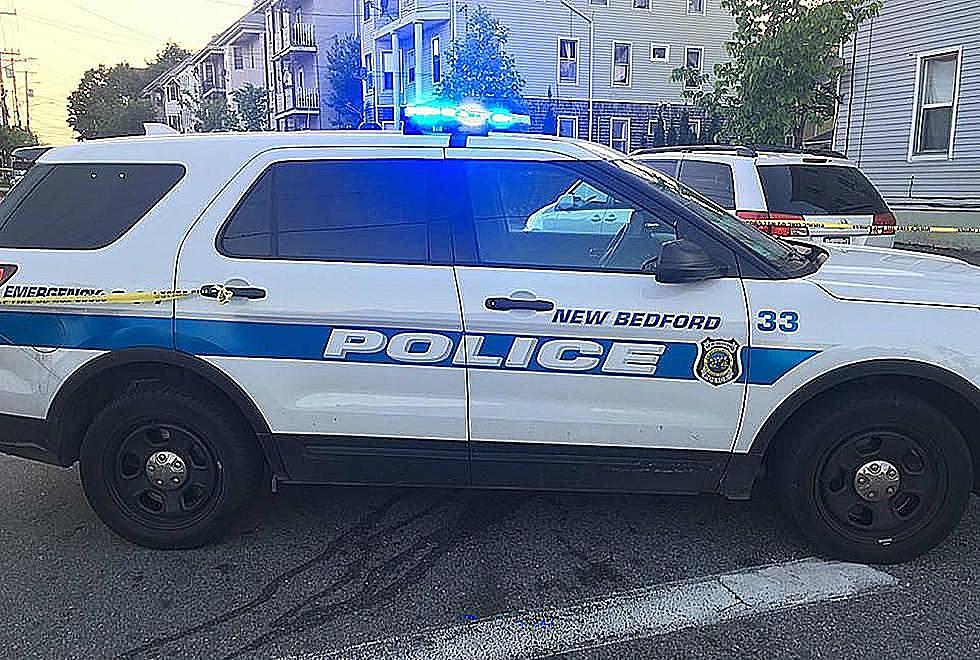
Mattapoisett Officials: Fax Mosquito Control Requests, No Calls
UPDATE: WBSM News was informed by Plymouth County Commissioner Frank Basler that some of the information in this original story is incorrect.
The original story states that Plymouth County government operates the mosquito spraying program, which is inaccurate. Basler informed WBSM News that the program is operated by the state.
We are currently gathering more information on these updates.
MATTAPOISETT — As communities continue to react to the high risk of Eastern Equine Encephalitis in southeastern Massachusetts, the system used by Plymouth County to take in and record all mosquito-related complaints has become overburdened.
This was evident last week when Mattapoisett Town Administrator Michael Gagne issued a memo to town residents, requesting them to fax over all mosquito complaints or requests to spraying to Plymouth County officials rather than calling.
Gagne says in Plymouth County, mosquito control is handled by county government. With the elevated risk and recent reports of human infections, he says the phone lines are jammed with requests for spraying.
“They have a location where they work out of in Plymouth. Generally, in the past, you would call a number at the office and the folks there would take your information and they would put you on a list. They have crews that go out to all the cities and towns and administer the control for the mosquitos,” Gagne explained.
“Well, with the significance of the outbreak and the number of areas that are critical, people have been calling the regular line and the phone message they get from Verizon is that all the circuits are tied up and they can’t take the call at the moment. So, our Health Director stated that the best way for folks to get a message into Plymouth County Mosquito Control is to send a fax. We’re providing folks with the fax number, and that’s 781-582-1876.”
While surrounding towns, like Marion, Acushnet and Rochester are classified by the state as being at a “critical risk” of human infection, Mattapoisett has dodged the list altogether.
The nine communities now at critical risk are Carver, Lakeville, Marion, Middleborough, Rochester, and Wareham in Plymouth County and Acushnet, Freetown, and New Bedford in Bristol County. In addition, 15 communities in southeastern Massachusetts, including Mattapoisett and Fairhaven, have been determined by DPH to be at high risk for the EEE virus and 18 at moderate risk. Mattapoisett and Fairhaven remain at a high risk.
“The predominance of the areas of concern are those towns with a significant amount of woodland swamp. We have coastal wetland areas, but the areas of greater concern are the areas that have woodland swamps and the surrounding communities certainly have more of those areas than we do,” Gagne said, while also acknowledging that the town has undertaken precautions similar to those in other communities.
Gagne says the town has scheduled events earlier in the day, but has yet to enact a closure of public property at dusk, currently in use in New Bedford and Marion. He says the Board of Health will make a decision following the results of the latest tests in the town by the state.
More From WBSM-AM/AM 1420









